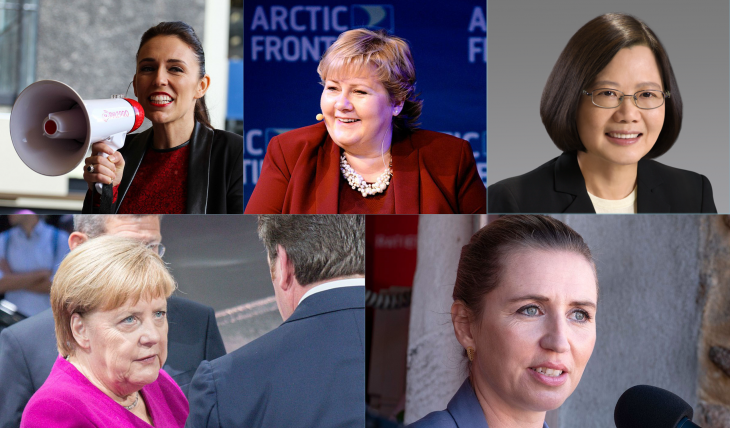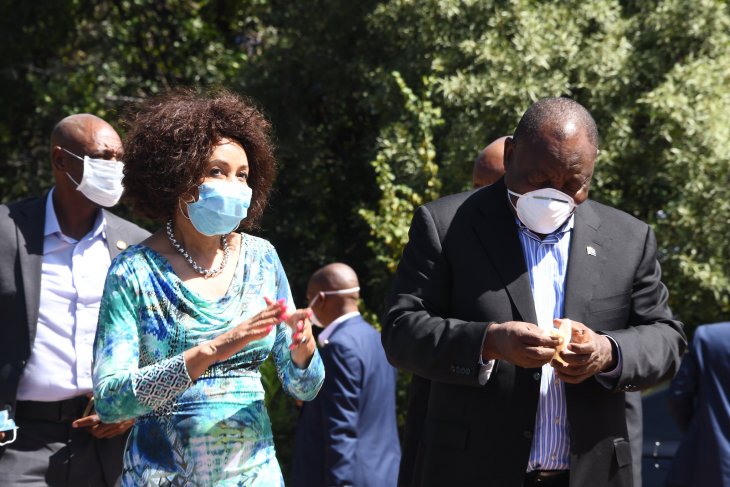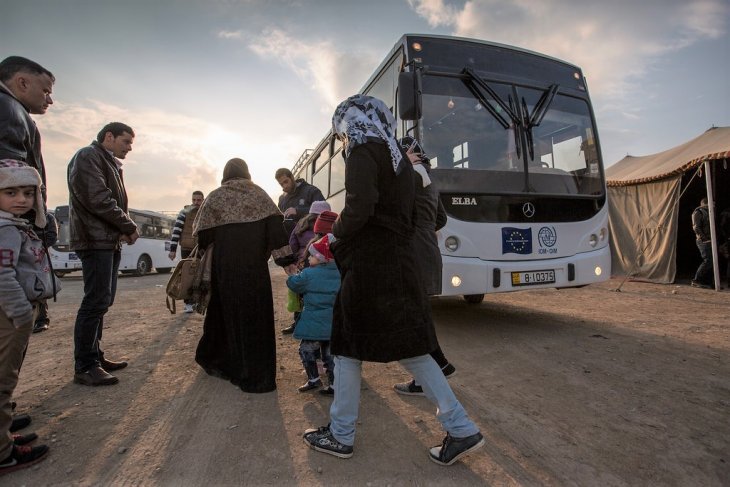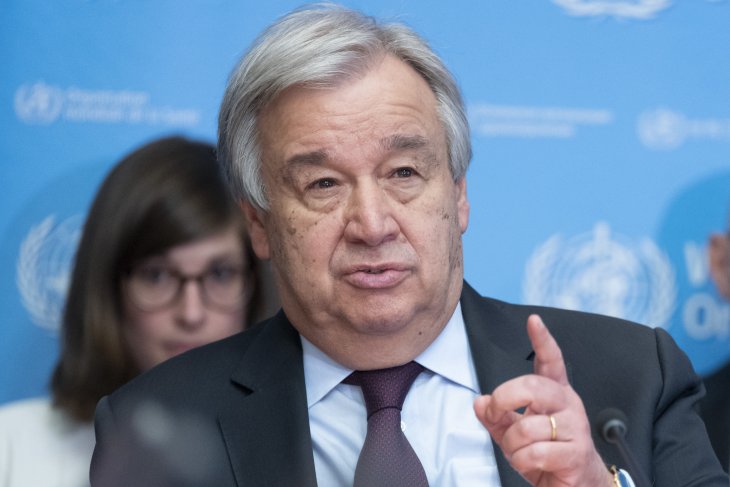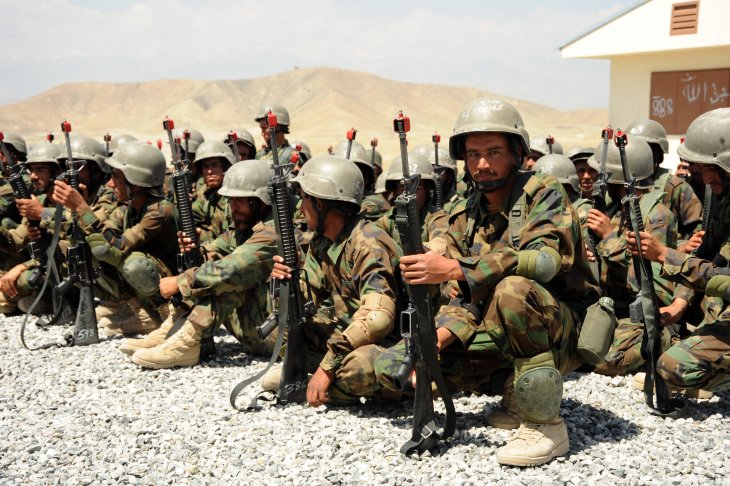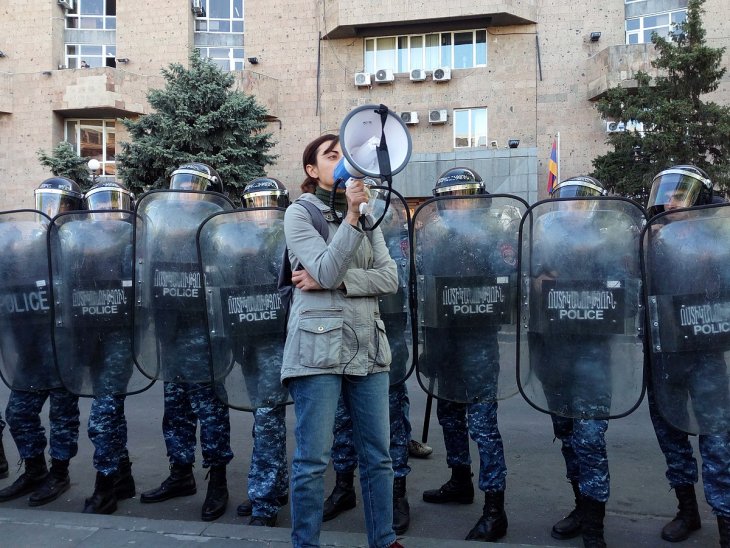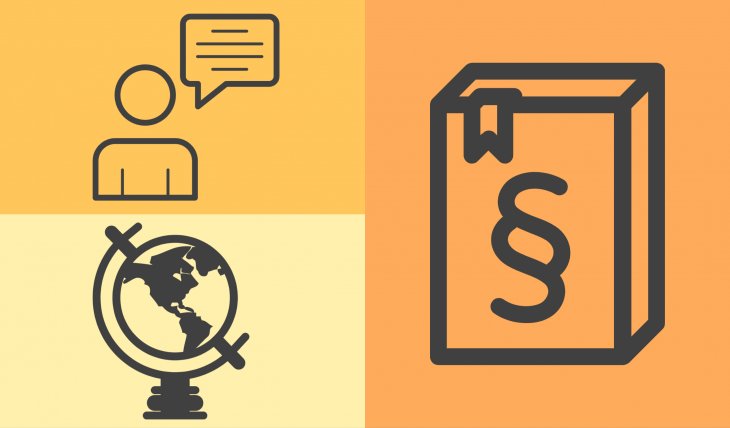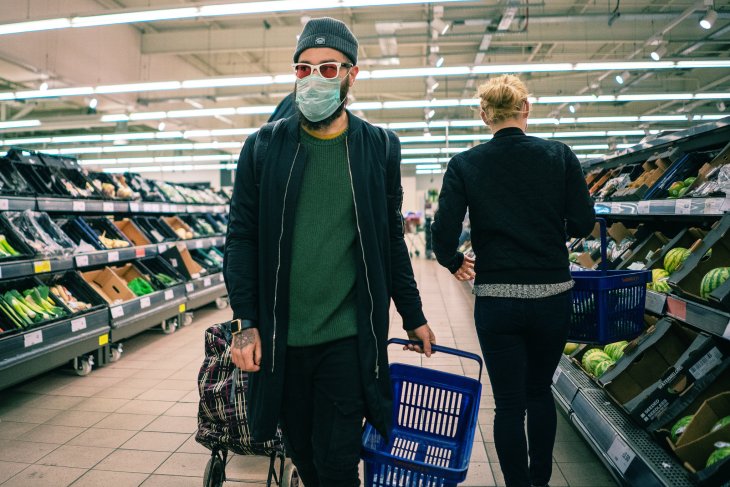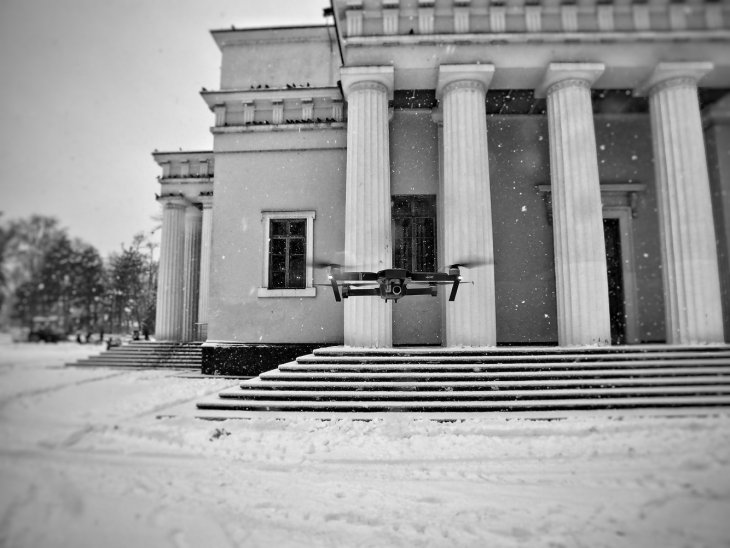
Photo: Denis Agati via Unsplash
The fight against the COVID-19 pandemic has mobilized national and international resources of all types, from funding of medical research to financial rescue plans, and has led to widespread state of emergency declarations. While the approaches adopted all over the world have differed from one country to another, an underlying trend connecting many of the measures implemented during the last weeks has been the growing importance of technological solutions. Essential assets in time of crisis, emerging technologies such as drones, Artificial intelligence (AI), robots, perform specific tasks (geolocate people to impose lockdowns, for example) and generate data for specific purposes, for example to create patterns of dispersion of the contagion to anticipate future outbreaks.
